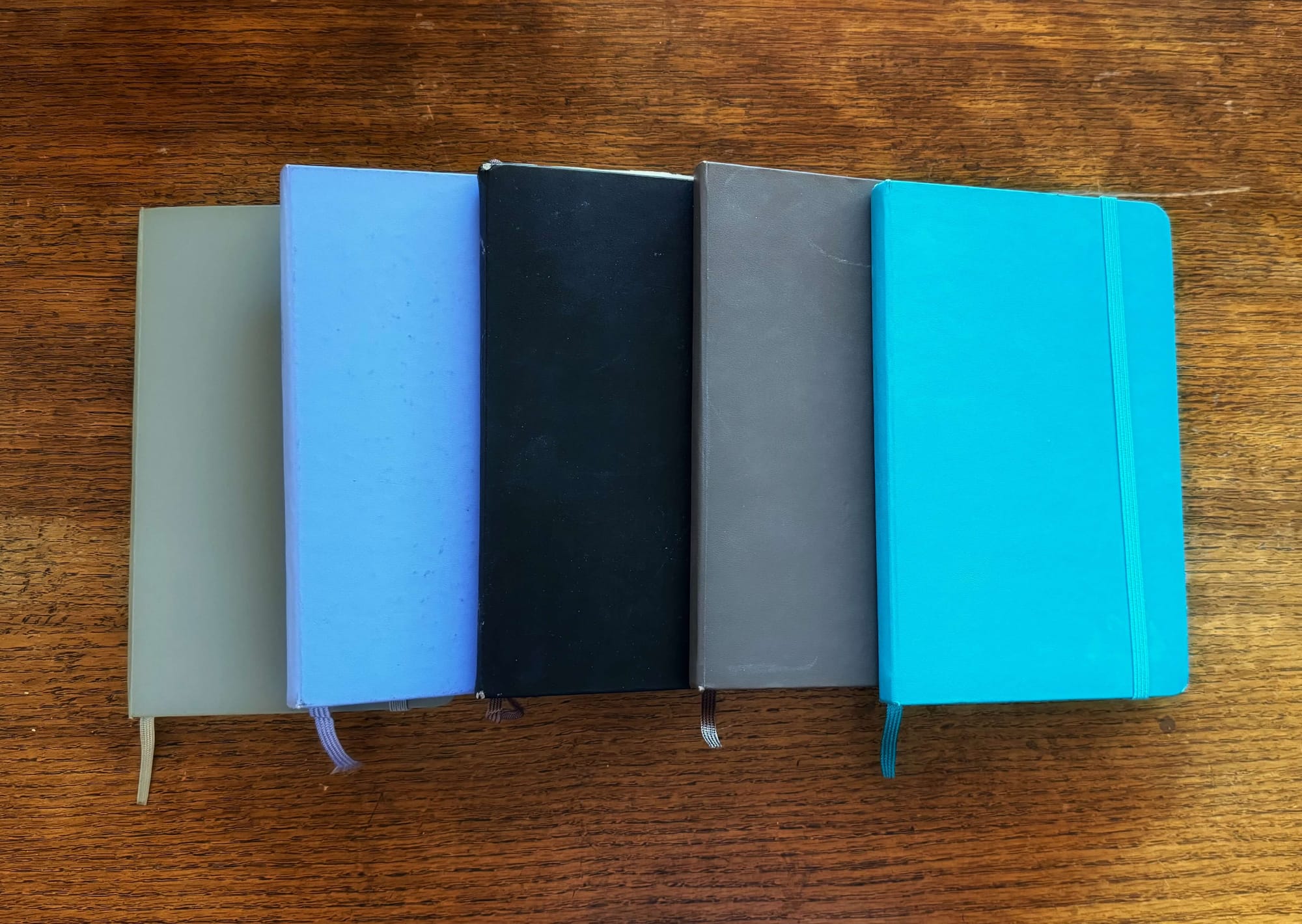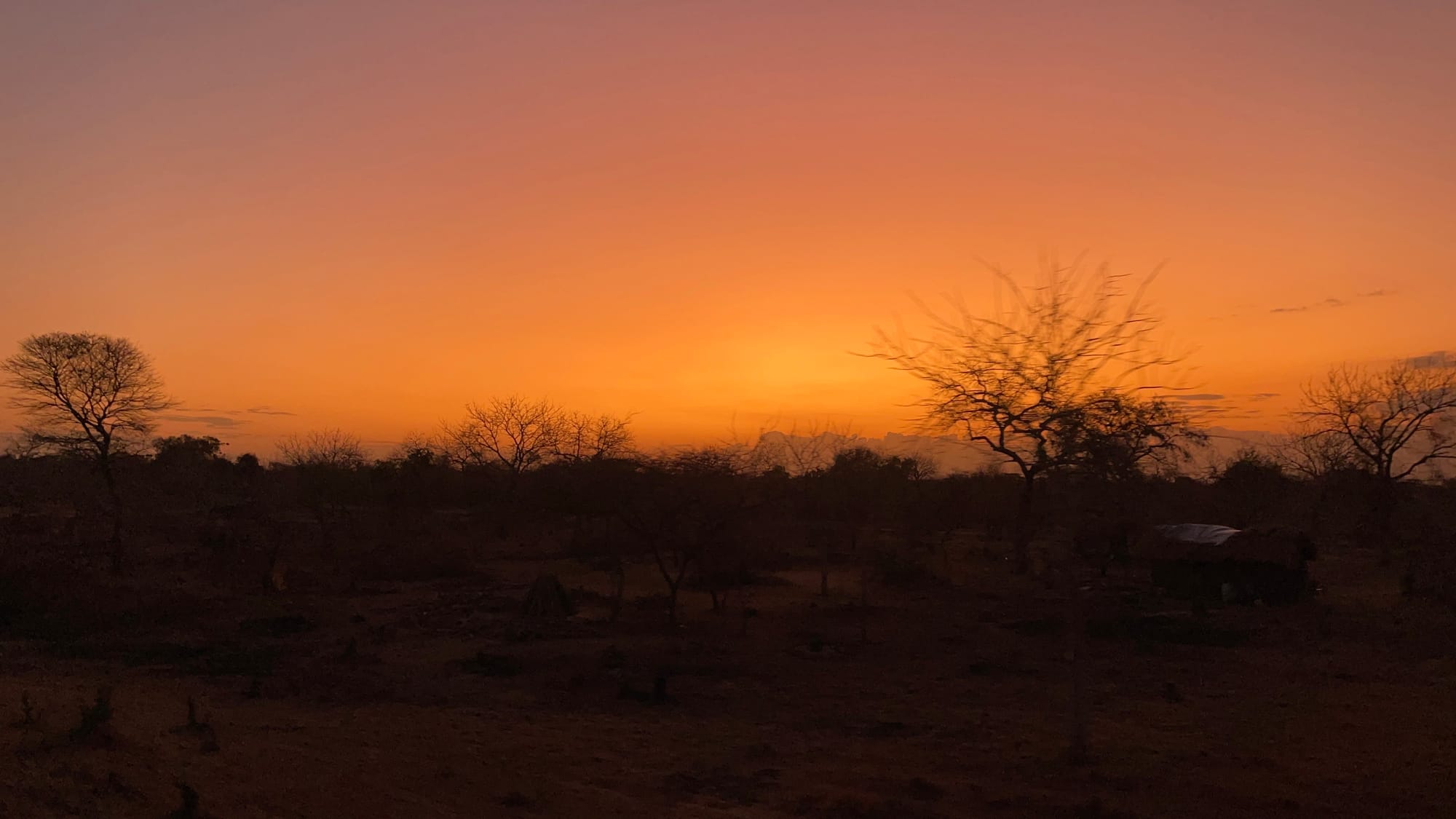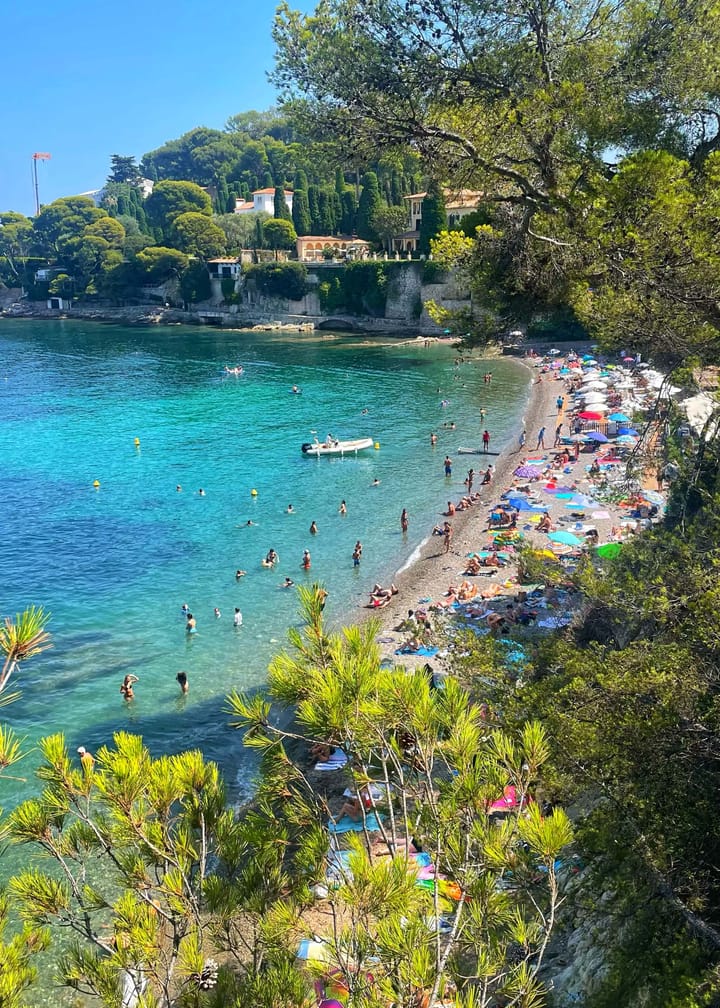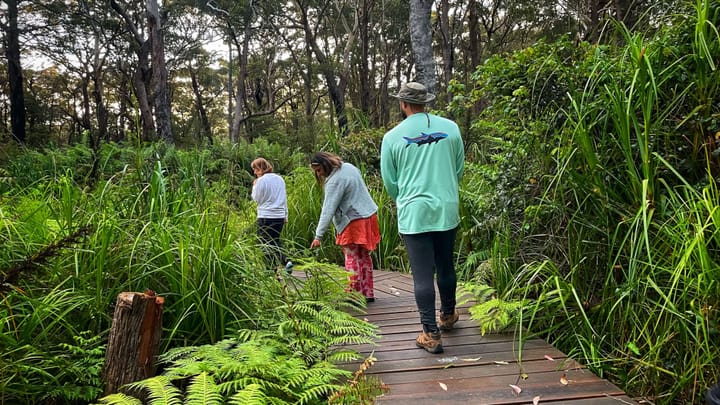What I remember most about crossing the border from Uganda into Kenya was the sudden illumination of the world out my dusty bus window.
We drove to the border at sunset. I watched as the landscape grew dark. When we reached an iron gate, we were asked to leave the bus and cross on foot; the bus would wait for us on the other side. We stood in a queue while our documents and vaccination records were checked. I watched as the man seated next to me on the bus, a self-proclaimed "hotelier," got into an argument with the officer over a missing vaccination.
"I am Kenyan," he insisted. "I am returning home from business. Does it matter?"
He was the last to board the bus. I suspect money changed hands.
As we started our journey into Kenya, it became clear that the border represented more than a separation between who could access which land. It demarcated different lifestyles, economic conditions and possibilities.
Box stores lined the highway advertising their contents in flashing neon signs. I gazed at them with unexpected awe; the kind most people feel when they see New York City for the first time at night. Over the five weeks I spent in Uganda, I had forgotten that such a sight existed. The rainbow trails burned their message into my mind.
"Kenya has money."
I wondered where it came from. Later I was told that landlocked Uganda relies on Kenya's coast for trade resources, and that's why they're poorer. But that's not the full story.
Between 2013 and 2023, Kenya more than doubled access to electricity – from 37% to 79% – thanks to investments in its energy grid, according to the International Energy Agency.
The kicker? Kenya actually buys a significant amount of its electricity from Uganda – while more than 50% of its own citizens don't have access at all.
Lack of infrastructure – not resources – is why highway shops in Uganda fade into the night.
My hard-headed determination to "backpack Africa" – combined with a romanticized idea of train travel from a journey I once took across the U.S. – resulted in me booking a "first class" cabin on a train the Chinese built in the 1970's to connect Dar Es Salaam, Tanzania, to Kapiri Mposhi, Zambia.
"Due to operational challenges the train will stop in Mbeya," the ticket agent said as I handed over a wad of shillings.
"Where is that?"
"The border of Tanzania and Zambia," he explained. "When you cross into Nakonde on the Zambian side, you can catch a bus to Lusaka."
In hindsight, I should have asked him for my money back and booked the 2.5-hour nonstop flight from Dar Es Salaam to Lusaka.
Instead, I spent the next five days on an "everything that can go wrong will" adventure just to get across the border.
Only later did I learn that "operational challenges" are common for the Tanzania-Zambia Railway Authority (TAZARA), due to a lack of maintenance of the track.
When we don't take care of what we use, eventually – it breaks.
Nature has no borders. Borders are a concept created by humans to control access to resources that have none. Borders contain what is meant to be free.
Ironically, "borders" are a concept, and concepts have no borders. Souls have no borders. Neither does consciousness. The ache that you feel when your friend is hurt, and reach out to hug them? The pain that you feel when you see someone across the world suffering, and donate to help them? Compassion has no borders.
Even the body is an illusion of a border, with its permeable skin.
Borders belie the interconnectedness of humanity and all life on the planet.
And yet, what would happen if we went truly borderless? If, instead of conquering foreign lands and claiming ownership over them, we dissolved borders, and intentionally chose to be free?
Would we treat every visitor as a guest? Would we share the space? Help each other? Recognize that harmony in the community is harmony in the self?
The body is a collection of atoms stuck together. What if we treated each other as atoms, and stuck together to make something greater? What if we allowed ourselves to get excited like electrons, jumping to new places, casting light everywhere we settle?
Why does the electricity stop at the border, if we know how to get it across? Why does the train get built but not maintained, if we know that when we don't take care of the things we need, eventually our needs are unmet?
What will happen to this planet if we don't see that borders mean nothing to a continental river at risk of running dry?
What if our containment is against the properties of nature?
What if moving freely is how we shine our light to the world?

Every Newsletter Starts with Pen and Paper
Consider supporting this publication with a one-time contribution.
Buy Me a Moleskine™



